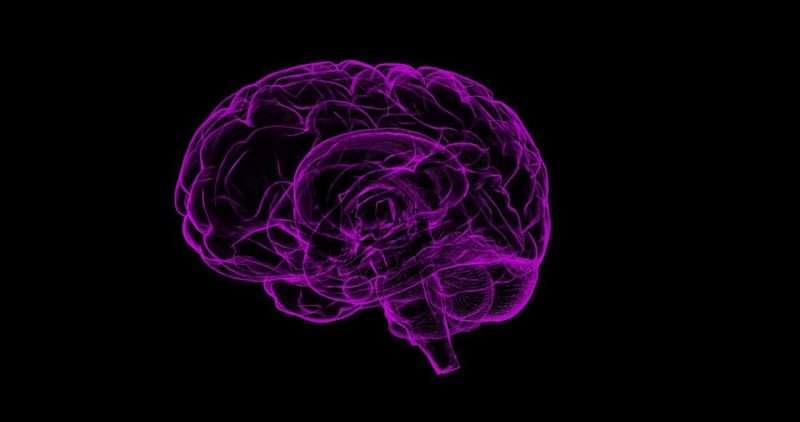A recent scientific study conducted by the Massachusetts Institute of Technology (MIT) found that a process that uses LED lights could help to reverse the memory loss caused by Alzheimer’s disease.
Using LED lights in the study
Researchers used LED lights to block an enzyme – called HDAC2 – that compresses the brain’s memory genes until they become useless. In the past, scientists have had difficulty blocking this enzyme without damaging others, some of which affect the internal organs.
So far, the process has only been tested on mice, so it is still in its very early stages, but it could potentially lead to a treatment that prevents memory loss caused by Alzheimer’s disease. The author of the study, Li-Huei Tsai, says, “This is exciting because for the first time we have found a specific mechanism by which HDAC2 regulates synaptic gene expression.”
The findings are the result of a decade of study, and the researchers hope to expand its scope by looking into how the process could treat other disorders linked to HDAC2, such as posttraumatic stress disorder.
Alzheimer’s – a threat predicted to grow even bigger
The Alzheimer’s Society says that there are 850,000 people with dementia in the UK, and this number is set to rise to 2 million people by the middle of the century. Alzheimer’s is one type of dementia, but by far the most common; 62% of people with dementia are diagnosed with Alzheimer’s disease.
Although there are treatments for managing Alzheimer’s, there is currently no cure, so the MIT study would have significant implications if the theory could be applied to human beings. Even delaying the onset of dementia by five years would halve the number of deaths it causes.
The Alzheimer’s Society website has more information on dementia and Alzheimer’s, including further research into the disease and finding a cure, and ways you can get involved with fundraising campaigns and events.




